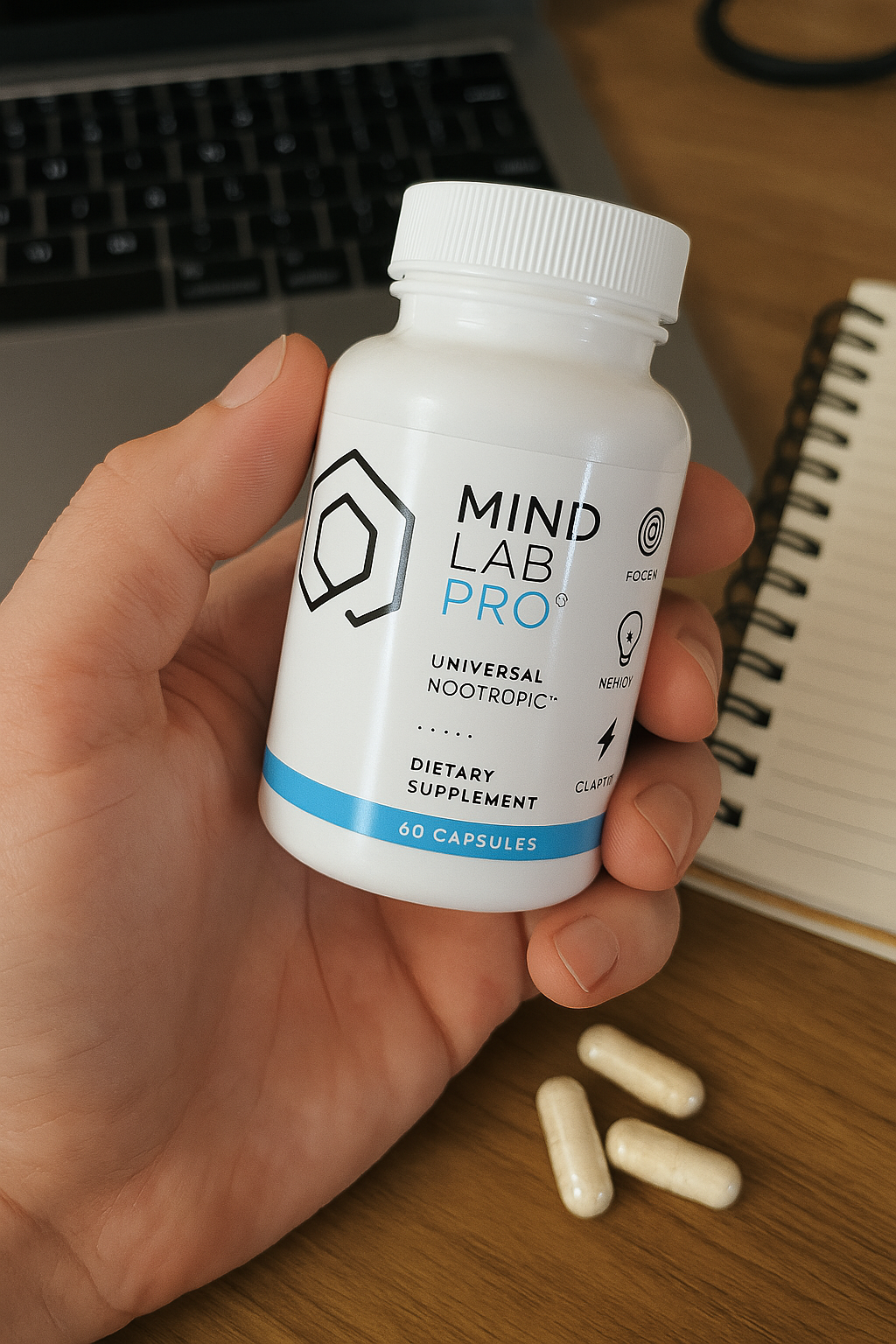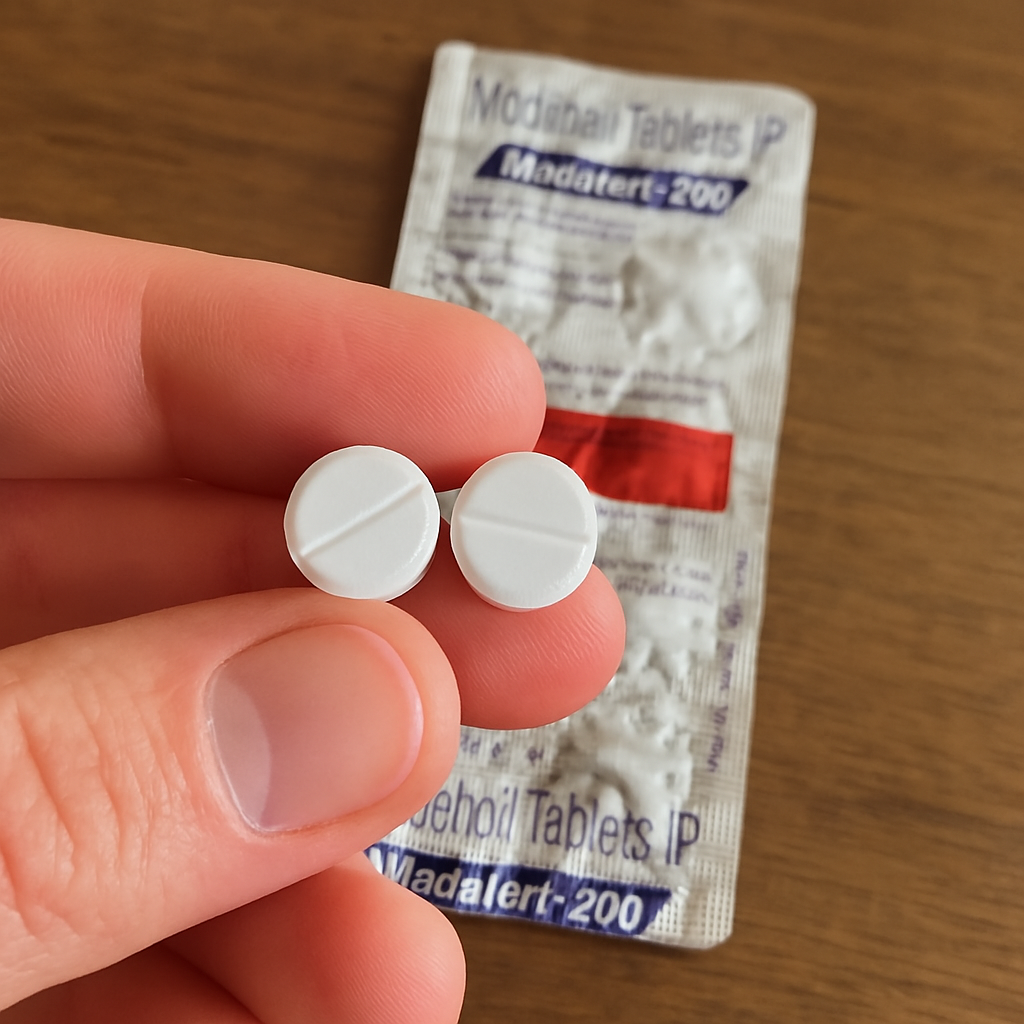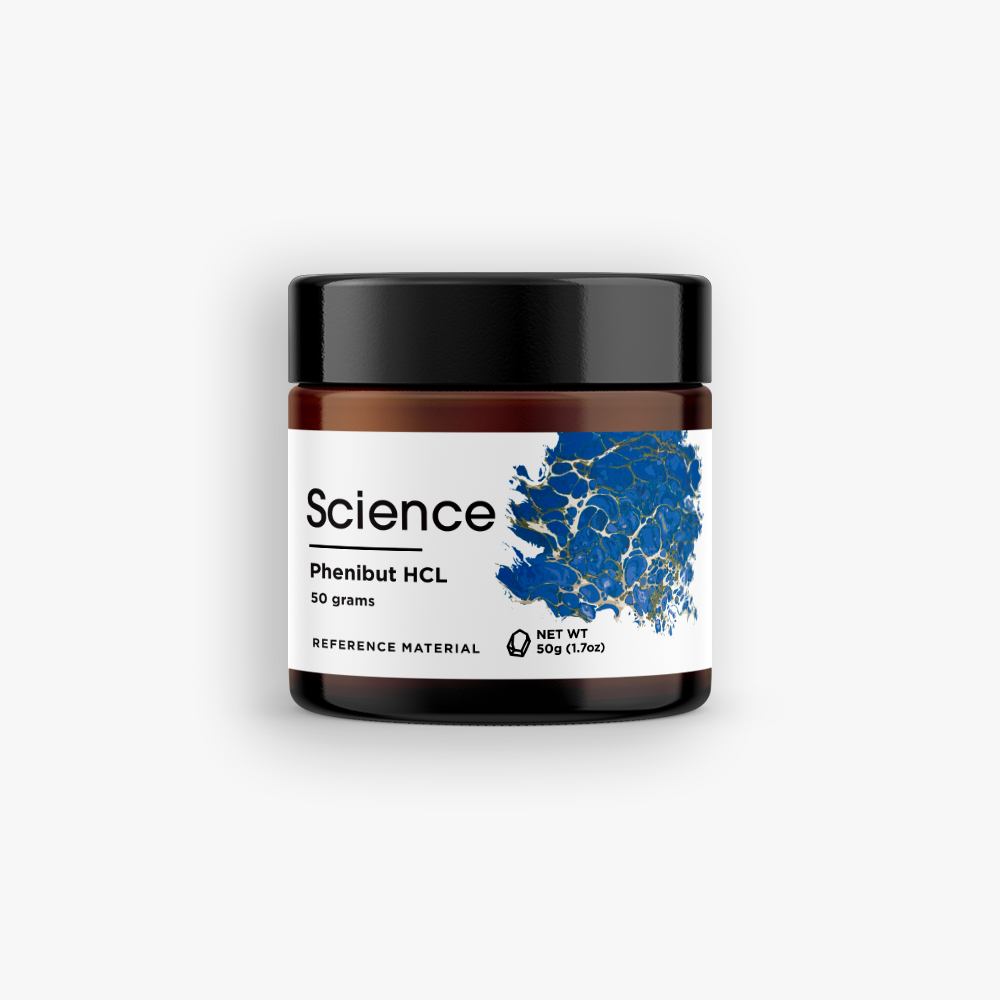An in-depth analysis of popular nootropics, examining the evidence for stimulants, racetams, cholinergics, herbs, and specific supplements like Mind Lab Pro, Vyvamind, Neuro Gum, and Prevagen.
Table of Contents
What Are Nootropics?
Nootropics, often called "smart drugs" or "cognitive enhancers," are substances purported to improve mental functions like memory, focus, creativity, motivation, and executive functions. The term "nootropic" was coined in 1972 by Romanian psychologist and chemist Dr. Corneliu E. Giurgea, derived from the Greek words "nous" (mind) and "trepein" (to bend or turn)[1].
Giurgea proposed strict criteria for a substance to be classified as a nootropic[2]:
- Enhancement of learning and memory.
- Increased resistance of learned behaviors/memories to disruptive conditions (e.g., hypoxia).
- Protection of the brain against physical or chemical injuries.
- Increased efficacy of cortical/subcortical control mechanisms.
- Lack of usual psychotropic pharmacology (e.g., sedation, motor stimulation) and low toxicity.
However, this definition is not universally adopted. Many substances marketed as nootropics today, particularly stimulants, do not meet all of Giurgea's original criteria. The term is now broadly applied to any substance, natural or synthetic, that may positively impact mental performance.

Top Recommendation: Mind Lab Pro
Comprehensive & Research-Backed: 11 ingredients targeting multiple cognitive pathways (memory, focus, energy, neuroprotection) including Citicoline, Bacopa, Lion's Mane, and PS.
Clinically Studied: Independent university studies demonstrated significant improvements in information processing and memory[19].
Clean & Stimulant-Free: Vegan, non-GMO, allergen-free, no artificial additives. Suitable for daily use without tolerance concerns.
* Often includes multi-box discounts and free shipping
Regulatory Landscape and Marketing Claims
In the United States, the regulatory status of nootropics is complex. Some are prescription drugs (like Modafinil or Adderall used off-label), while many are sold as dietary supplements. The FDA regulates dietary supplements differently from drugs. Supplements do not require pre-market approval for safety or efficacy. Manufacturers are responsible for ensuring safety and truthful labeling, but the burden of proof often falls on the FDA to demonstrate a product is unsafe or misbranded after it's on the market.
This regulatory gap allows many nootropic supplements to be marketed with claims that lack robust scientific substantiation. The FDA and Federal Trade Commission (FTC) have issued numerous warnings to companies making unproven claims, particularly those targeting serious conditions like Alzheimer's disease or claiming drug-like effects[3]. Consumers should critically evaluate marketing claims and look for independent verification and high-quality research.
Types of Nootropics
Nootropics encompass a diverse range of substances acting through various neurochemical pathways.
Stimulants
This category includes prescription medications and common substances like caffeine. They primarily enhance alertness, attention, and energy by modulating neurotransmitters like dopamine and norepinephrine, often acting directly in the prefrontal cortex[4].
- Caffeine: The most widely used nootropic. Improves alertness and attention[6]. Often combined with L-theanine to smooth effects. (See our detailed caffeine guide).
- Prescription Stimulants (e.g., Amphetamine, Methylphenidate): Effective for ADHD, they can improve focus, working memory, and inhibitory control in healthy individuals at low doses, but carry risks of side effects, dependence, and cognitive impairment at higher doses[5]. Use requires medical supervision.
- Eugeroics (Modafinil, Armodafinil): Promote wakefulness. May enhance executive function and reasoning, particularly in sleep-deprived states, though effects in non-sleep-deprived individuals are less consistent[7]. Prescription required in most countries.
Racetams
This class, including Piracetam (the original substance Giurgea studied), Aniracetam, Oxiracetam, and Phenylpiracetam, shares a common pyrrolidone nucleus. Their mechanisms are not fully understood but may involve modulating acetylcholine and glutamate receptors (AMPA)[10].
While often marketed as cognitive enhancers, robust evidence for significant benefits in healthy individuals is limited[8]. Piracetam, for instance, is not approved as a drug or classified as a dietary supplement ingredient by the FDA, leading to regulatory actions against companies selling it as such[9]. Research quality varies, and effects may be more pronounced in individuals with cognitive deficits.
Cholinergics
These substances influence the neurotransmitter acetylcholine, crucial for learning and memory.
- Alpha-GPC (L-Alpha glycerylphosphorylcholine): A choline precursor that readily crosses the blood-brain barrier. Often included in stacks, but standalone evidence in healthy individuals is limited.
- Citicoline (CDP-Choline): Provides both choline and cytidine (a precursor to uridine). Meta-analyses suggest potential benefits for memory in older adults with mild cognitive decline and stroke recovery[12].
- Choline Bitartrate: A common, inexpensive choline source, but studies suggest it's largely ineffective at improving cognitive performance, likely due to poor blood-brain barrier penetration[11].
Herbal Nootropics
Various plants have traditional uses for cognitive enhancement, and some are supported by modern research.
- Bacopa Monnieri: An adaptogenic herb used in Ayurvedic medicine. Multiple studies and meta-analyses support its ability to improve memory formation and recall, particularly after several weeks of use[13].
- Lion's Mane Mushroom (Hericium erinaceus): Contains compounds (hericenones, erinacines) that may stimulate nerve growth factor (NGF) synthesis. Preliminary human studies and animal research suggest potential benefits for mild cognitive impairment and mood, but more high-quality trials are needed[14].
- Ginkgo Biloba: Marketed widely for memory. Meta-analyses show inconsistent results, with little evidence for significant cognitive enhancement in healthy individuals[15]. May offer modest benefits in age-related cognitive decline.
- Panax Ginseng: An adaptogen with potential cognitive benefits, but Cochrane reviews found a lack of convincing evidence in healthy individuals and insufficient high-quality evidence in dementia[16].
Nutrients
Certain vitamins, minerals, and fatty acids are essential for brain function, but supplementation typically only benefits those with deficiencies.
- B Vitamins (B6, B9, B12): Crucial for neurotransmitter synthesis and homocysteine metabolism. Supplementation generally doesn't enhance cognition in individuals without deficiency[17].
- Omega-3 Fatty Acids (DHA, EPA): Essential structural components of brain cells. Reviews find limited evidence for cognitive enhancement in the general population or for treating ADHD/learning disorders via supplementation, though foundational dietary intake is vital[17].
- Vitamin E, Folate: Similar to B vitamins, supplementation shows no cognitive benefit in non-deficient adults[17].
Evaluating Popular Nootropic Supplements
Many commercial nootropic supplements combine multiple ingredients into proprietary "stacks." Evaluating these requires examining the individual components, dosages, forms, and any available research on the specific formulation.
Mind Lab Pro
A popular pre-formulated stack containing 11 ingredients targeting various cognitive pathways without stimulants. Key components include Citicoline (as Cognizin®), Bacopa Monnieri, Lion's Mane Mushroom, Phosphatidylserine (PS), N-Acetyl L-Tyrosine, L-Theanine, Rhodiola Rosea, and Maritime Pine Bark Extract.
- Pros: Comprehensive formula with research-backed ingredients in clinically relevant forms and dosages. Stimulant-free, clean label (vegan, non-GMO, allergen-free). Positive results from independent university studies (e.g., University of Leeds study on information processing speed and memory)[19]. Good transparency.
- Cons: Premium price point. Only available directly from the manufacturer.
- Verdict: A well-researched, high-quality option for broad cognitive support without stimulants. Our top recommendation for a universal nootropic.
Vyvamind
Marketed for focus, energy, and mental clarity, Vyvamind combines Caffeine (75mg) and L-Theanine (150mg) with Citicoline, L-Tyrosine, and B vitamins.
- Pros: Leverages the well-established synergistic effects of caffeine and L-theanine[6]. Includes effective doses of Citicoline and L-Tyrosine. Provides noticeable acute effects on focus and energy.
- Cons: Contains caffeine, making it unsuitable for those avoiding stimulants or sensitive individuals. Potential for tolerance buildup with daily caffeine use. Less comprehensive than stimulant-free options like Mind Lab Pro.
- Verdict: A solid choice for individuals seeking a stimulant-based boost for focus and productivity, effectively utilizing the caffeine/L-theanine synergy. (See our full Vyvamind review).
Neuro Gum
A functional chewing gum delivering Caffeine (40mg or 80mg) and L-Theanine (60mg or 120mg) plus B vitamins via buccal/sublingual absorption.
- Pros: Rapid onset of effects (5-10 minutes) due to faster absorption compared to capsules/drinks[20]. Optimal L-Theanine:Caffeine ratio (3:2) for smooth focus. Convenient and discreet. Sugar-free.
- Cons: Higher cost per serving than traditional caffeine sources. Shorter duration of effects compared to some alternatives. Contains artificial sweeteners (xylitol). Limited ingredient profile beyond caffeine/theanine/B vitamins.
- Verdict: Excellent for situations requiring quick, convenient cognitive enhancement. A practical tool for specific needs rather than comprehensive daily support. (See our full Neuro Gum review).
Prevagen
Contains apoaequorin, a calcium-binding protein derived from jellyfish. Marketed heavily for age-related memory issues.
- Pros: Ingredient apoaequorin appears safe based on preliminary studies. Widely available.
- Cons: Lack of robust scientific evidence for efficacy; claims based on contested post-hoc analyses. Implausible mechanism of action (protein unlikely to survive digestion and cross blood-brain barrier intact). Subject to FTC legal action and criticism for deceptive advertising[18]. Relatively expensive for unproven benefits.
- Verdict: Not recommended due to the significant lack of credible evidence supporting its memory improvement claims and the associated controversy. (See our full Prevagen review).
Other Mentions (Alpha Brain, Neuriva)
Alpha Brain: Contains ingredients like Alpha-GPC, Bacopa, Huperzine A, L-Theanine, and Oat Straw. Some studies exist, but methodology and funding sources warrant scrutiny. Contains proprietary blends, hindering dosage assessment.
Neuriva: Primarily features Coffee Fruit Extract (NeuroFactor™) and Phosphatidylserine. Relies heavily on studies funded by the manufacturer of NeuroFactor™. Limited independent verification of claimed benefits.
Choosing the Right Nootropic
Selecting a nootropic requires careful consideration:
- Define Your Goals: Are you seeking better memory, focus, stress resilience, creativity, or overall brain health? Different ingredients target different pathways.
- Research Ingredients: Look for substances with human clinical trials supporting their efficacy for your specific goals. Examine dosages used in studies versus product labels.
- Prioritize Safety & Quality: Choose products with transparent labeling (no proprietary blends hiding dosages). Look for third-party testing for purity and potency. Consider potential side effects and interactions.
- Stimulant vs. Non-Stimulant: Decide if you want the acute effects of stimulants or prefer a non-stimulant approach for daily use without tolerance or jitters.
- Consider Cost vs. Value: Evaluate the price relative to the quality, dosage, and evidence behind the ingredients.
- Consult Healthcare Professionals: Especially important if you have pre-existing conditions or take other medications.

Mind Lab Pro
- Complete 11-in-1 formula
- Non-stimulant formula
- Premium price

Modafinil
- Powerful focus
- 12+ hours duration
- Rx required in US

Science.bio
- Third-party tested
- Many compounds
- Research only
Conclusion
The world of nootropics offers potential tools for cognitive enhancement, but requires critical evaluation. While some substances like caffeine, L-theanine, Bacopa Monnieri, and Citicoline have considerable scientific backing, many others lack robust evidence, particularly in healthy individuals. Pre-formulated stacks like Mind Lab Pro offer a convenient, research-driven approach by combining multiple effective ingredients, while stimulant-based options like Vyvamind or Neuro Gum provide acute focus and energy. Products like Prevagen highlight the importance of scrutinizing marketing claims against scientific reality.
Ultimately, the "best" nootropic depends on individual needs, goals, and biology. Prioritize well-researched ingredients, transparent formulations, safety, and realistic expectations. Nootropics should complement, not replace, foundational health practices like quality sleep, regular exercise, stress management, and a nutrient-dense diet, which remain the cornerstones of optimal brain function.
References
- Giurgea C. "[Pharmacology of integrative activity of the brain. Attempt at nootropic concept in psychopharmacology]." Actual Pharmacol (Paris). 1972. (source)
- Giurgea C, Salama M. "Nootropic drugs." Prog Neuropsychopharmacol. 1977. (source)
- Federal Trade Commission & Food and Drug Administration. Warning Letters Regarding Alzheimer's Disease Claims. Feb 11, 2019. (source)
- Spencer RC, Devilbiss DM, Berridge CW. "The cognition-enhancing effects of psychostimulants involve direct action in the prefrontal cortex." Biol Psychiatry. 2015. (source)
- Bagot KS, Kaminer Y. "Efficacy of stimulants for cognitive enhancement in non-attention deficit hyperactivity disorder youth: a systematic review." Addiction. 2014. (source)
- Camfield DA, Stough C, Farrimond J, Scholey AB. "Acute effects of tea constituents L-theanine, caffeine, and epigallocatechin gallate on cognitive function and mood: a systematic review and meta-analysis." Nutr Rev. 2014. (source)
- Battleday RM, Brem AK. "Modafinil for cognitive neuroenhancement in healthy non-sleep-deprived subjects: A systematic review." Eur Neuropsychopharmacol. 2015. (source)
- Malykh AG, Sadaie MR. "Piracetam and piracetam-like drugs: from basic science to novel clinical applications to CNS disorders." Drugs. 2010. (source)
- Food and Drug Administration. Import Alert 66-74: Detention Without Physical Examination of Bulk Drug Products Labeled for Unapproved Uses. Updated Regularly. (source)
- Gualtieri F, Manetti D, Romanelli MN, Ghelardini C. "Design and study of piracetam-like nootropics..." Curr Pharm Des. 2002. (source)
- Lippelt DP, et al. "No Acute Effects of Choline Bitartrate Food Supplements on Memory in Healthy, Young, Human Adults." PLoS One. 2016. (source)
- Fioravanti M, Buckley AE. "Citicoline (Cognizin) in the treatment of cognitive impairment." Clin Interv Aging. 2006. (source)
- Stough C, et al. "The effect of 12 weeks of administration of Bacopa monnieri on cognitive function in healthy human subjects..." Phytother Res. 2017. (source)
- Docherty S, Doughty FL, Smith EF. "The Acute and Chronic Effects of Lion's Mane Mushroom Supplementation..." Phytother Res. 2019. (source)
- Laws KR, Sweetnam H, Kondel TK. "Is Ginkgo biloba a cognitive enhancer in healthy individuals? A meta-analysis." Hum Psychopharmacol. 2012. (source)
- Geng J, et al. "Ginseng for cognition." Cochrane Database Syst Rev. 2010. (source)
- Forbes SC, et al. "Effect of Nutrients, Dietary Supplements and Vitamins on Cognition: a Systematic Review..." Can Geriatr J. 2015. (source)
- Shmerling, Robert H. "Court ruling curbs unfounded claims for memory supplement." Harvard Health Blog. May 31, 2019. (source)
- Example: University of Leeds. "Study on the Effects of Mind Lab Pro® on Cognitive Function." ClinicalTrials.gov Identifier: NCT04887966. (source)
- Kamimori GH, et al. "The rate of absorption and relative bioavailability of caffeine administered in chewing gum versus capsules..." Int J Pharm. 2002. (source)

Jen Masson
Brain Nutrition Specialist with expertise in nootropics, ketogenic diets, cognitive and metabolic optimization.